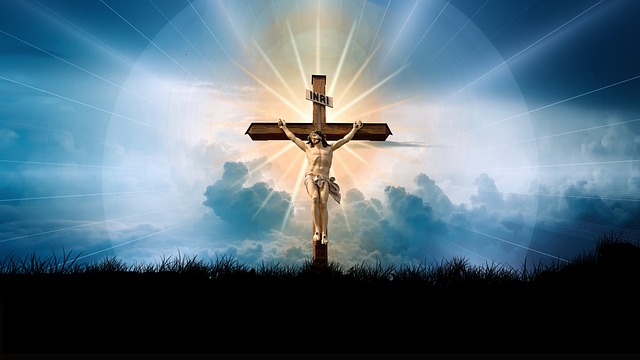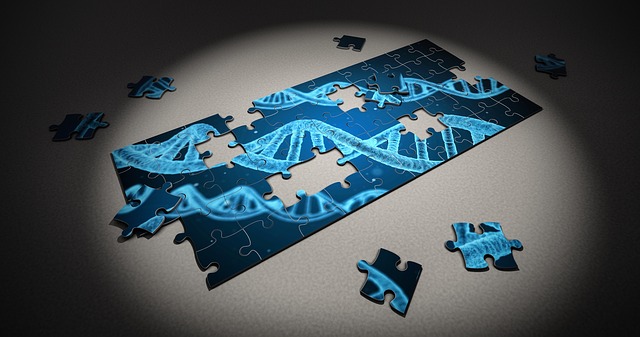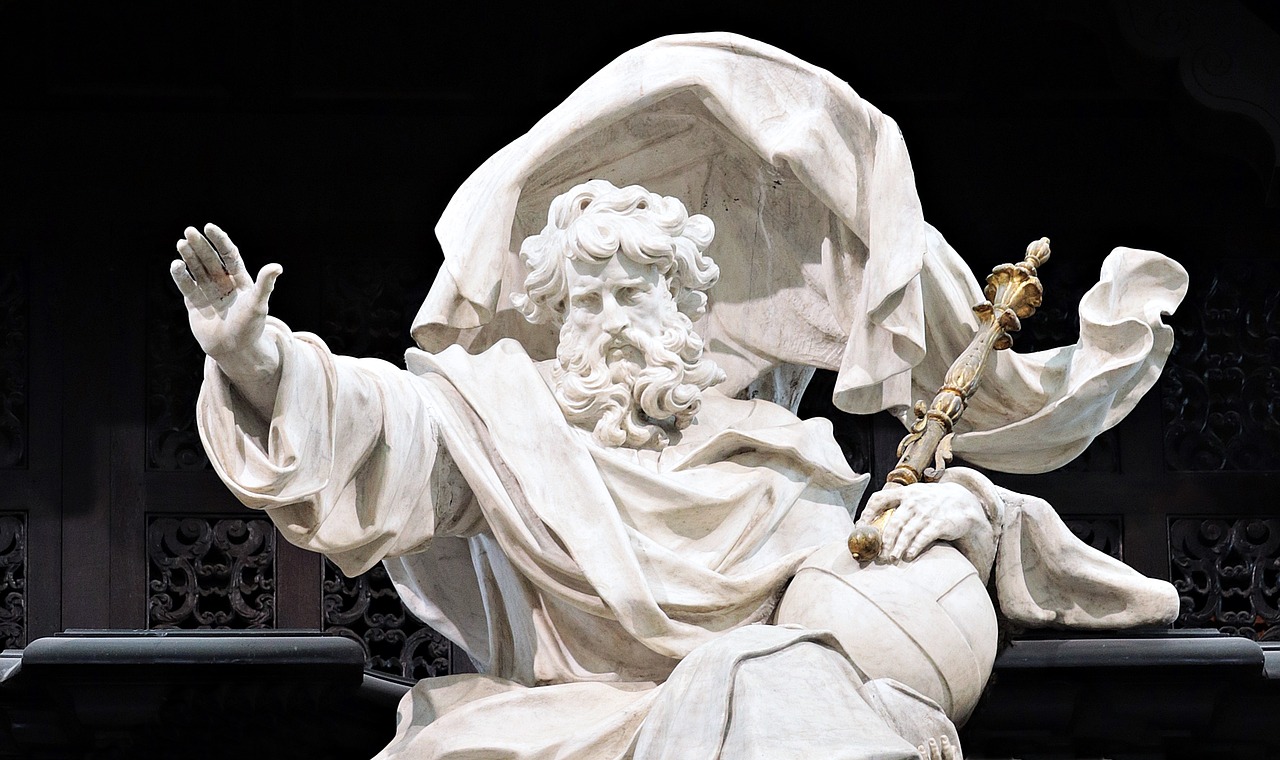 The theme of sin as our universal downfall is central to the Christian message. What, exactly, constitutes sin has been up for debate for centuries. While many would quote the original Ten Commandments as the defining authority, the variations and interpretations of that resource only serve to confuse the issue further. In short, its not that simple.
The theme of sin as our universal downfall is central to the Christian message. What, exactly, constitutes sin has been up for debate for centuries. While many would quote the original Ten Commandments as the defining authority, the variations and interpretations of that resource only serve to confuse the issue further. In short, its not that simple.
In its purest definition, we might consider sin to be any act that is contrary to the standards of behavior established and expected by God. And certainly the Ten Commandments provides a pretty good framework for the patterns of behavior we are expected to embrace.
In fact, there is probably no other concept in the Bible where logic meshes so completely with the message than the idea of sin and the Ten Commandments.
But to appreciate the logic of those commandments, we need to look deeper.
The final five commandments are probably the most familiar and the most often quoted. From the logic perspective, they are also the key to understanding the concept of sin. Each of those final five is clearly a moral or ethical consideration. Each of those commandments represents an area of potential conflict.
Avoiding conflict is essential to the cooperative interaction of the human species. Yet conflict seems to be one of the most universal elements of our existence. If we reflect on the amount of conflict in human history, it is a wonder that we even exist at all.
Digging deeper into these critical commandments, our logic reveals that each of them represents a condemnation of human greed and selfish behavior. At the same time, our logic acknowledges that each is also a recognition of undesirable human traits, and the need for rules to keep those traits in check.
If we step back and view the miracle of our existence – from the tilt of the earth’s axis, to the precise distance from the sun, to the weather patterns and the perpetual recycling of earth’s resources and thousands of other perfect conditions – we can see that our selfish behavior is the one element that is out of sync with the perfection of our world.
Ironically, it is also the one thing over which we have control. Perhaps it is the one thing we need to master to even approach our potential of human perfection on a par with our perfect world.
Suddenly, the definition of sin becomes clear. We need not complicate the concept by assigning a “score” to it.
Sin is simply any behavior that is contrary to the perfection God would wish us to achieve.
The final irony is that, in creating us in His image, God accepted the ultimate trade-off. He gave us free will, and with it the ability to make choices in our behavior.
Then He gave us the rules.
 It’s a common expression, a common hope, a common theme. God has a plan for your life, a purpose for your existence. And finding or recognizing your purpose is a common struggle.
It’s a common expression, a common hope, a common theme. God has a plan for your life, a purpose for your existence. And finding or recognizing your purpose is a common struggle.








